IoT MOOC Courses
Here, we announce our current IoT courses, available in self-study / MOOC models. We provide free modules in self-study mode, so both application and participation are free. However, obtaining a verified certificate may be a paid service. Please refer to the terms and conditions directly in the online learning platform.
Some courses run on a predefined schedule and are intended for our consortium partners’ students.
Still, core courses hosted by the consortium EU partners are available 24/7.
You can enrol in the modules here: https://multiasm.eu/mooc .
You must register for a free account using your email address there. It is necessary to let you easily track the progress of your studies and continue them over the study period. Once you create and activate the account, you can self-enrol in one of the abovementioned modules.
Introductory and bachelor’s courses:
IOTOPENEU E1: IoT Overview
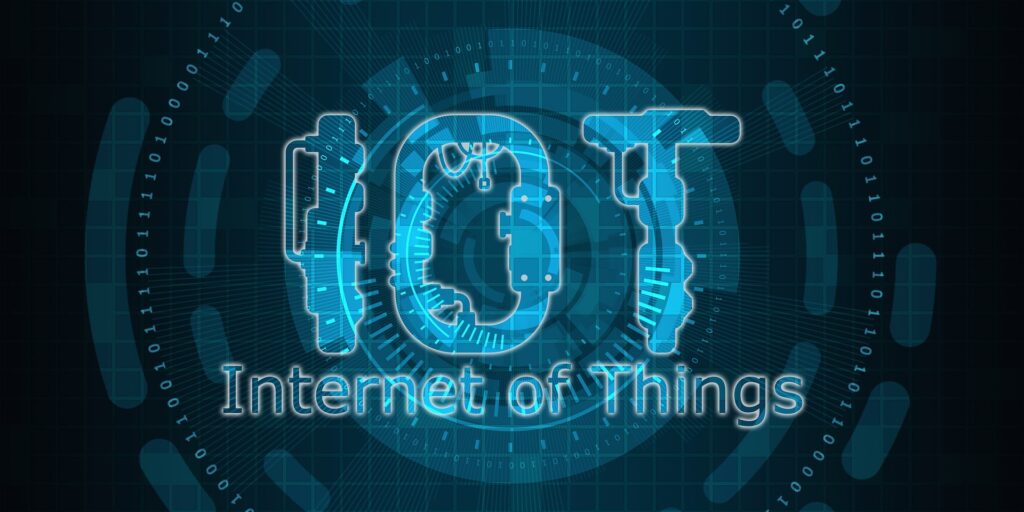
This is an introductory course for the Internet of Things.
You will learn about IoT, including its definition, enabling technologies, paradigms, and application domains.
IOTOPENEU E2: IoT Programming and Frameworks
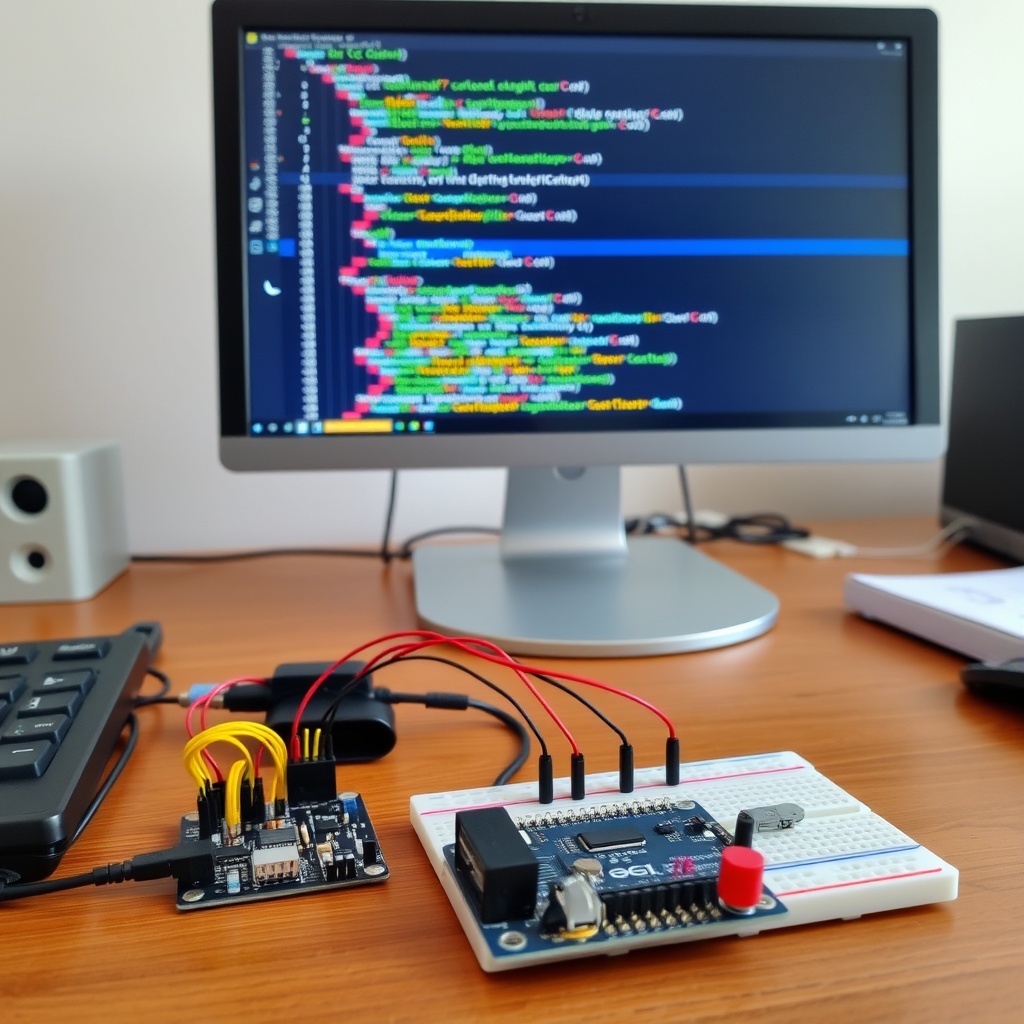
In this module, we provide a comprehensive guide for IoT programming.
Students will learn about programming models for various IoT systems, starting with open-source ones (“craft all yourself”) and ending with closed ecosystems.
Then, we provide a quick review of the frameworks with particular attention to the most popular Arduino model (but not limited to, as we also discuss script programming in MicroPython and regular Python, suitable for Fog class devices).
The next chapter introduces C++ programming for embedded and IoT systems. Finally, the cherry on top is network programming for IoT devices.
The last chapter of the course reviews the most popular IoT frameworks, which enable almost zero-code, configuration-based setup of IoT ecosystems (e.g., Tasmota).
IOTOPENEU E3: IoT Hardware
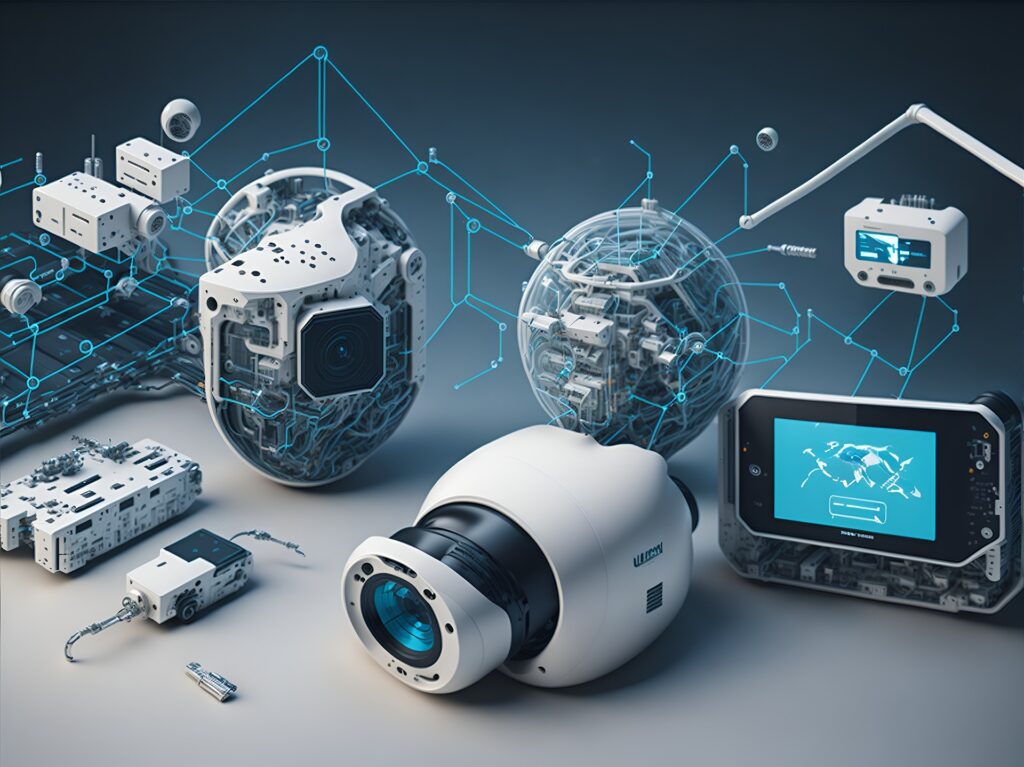
This module is dedicated to the hardware part of the IoT ecosystems.
Besides the Introduction to the Hardware, you will learn about IoT Microcontrollers, the Most Noticeable Platforms, Sensors, Actuators, and Output Devices, Power Sources for the IoT, and Embedded Protocols such as SPI, I2C, CAN, Serial, and PWM.
You will learn to select the appropriate MCU to handle your tasks, create a suitable power source for your IoT device, and integrate green energy sources.
IOTOPENEU E4: IoT Communication and Networking

Here comes a module on the most significant part of every component of the IoT ecosystem: a network.
This module explains the basics of the IoT, specifically general networking in the context of the IoT. We also discuss the communication stack layer, including wired and wireless networks, as well as application layer protocols. You will learn the basics that will enable you to choose and implement the correct communication protocol for your devices, including the choice of network type, e.g., mesh, networking (e.g., Thread, LoRA, WiFi, Bluetooth, other), and application level, such as MQTT, CoAP, and AMQP.
Master’s courses:
IOTOPENEU M1: IoT Design Methodologies
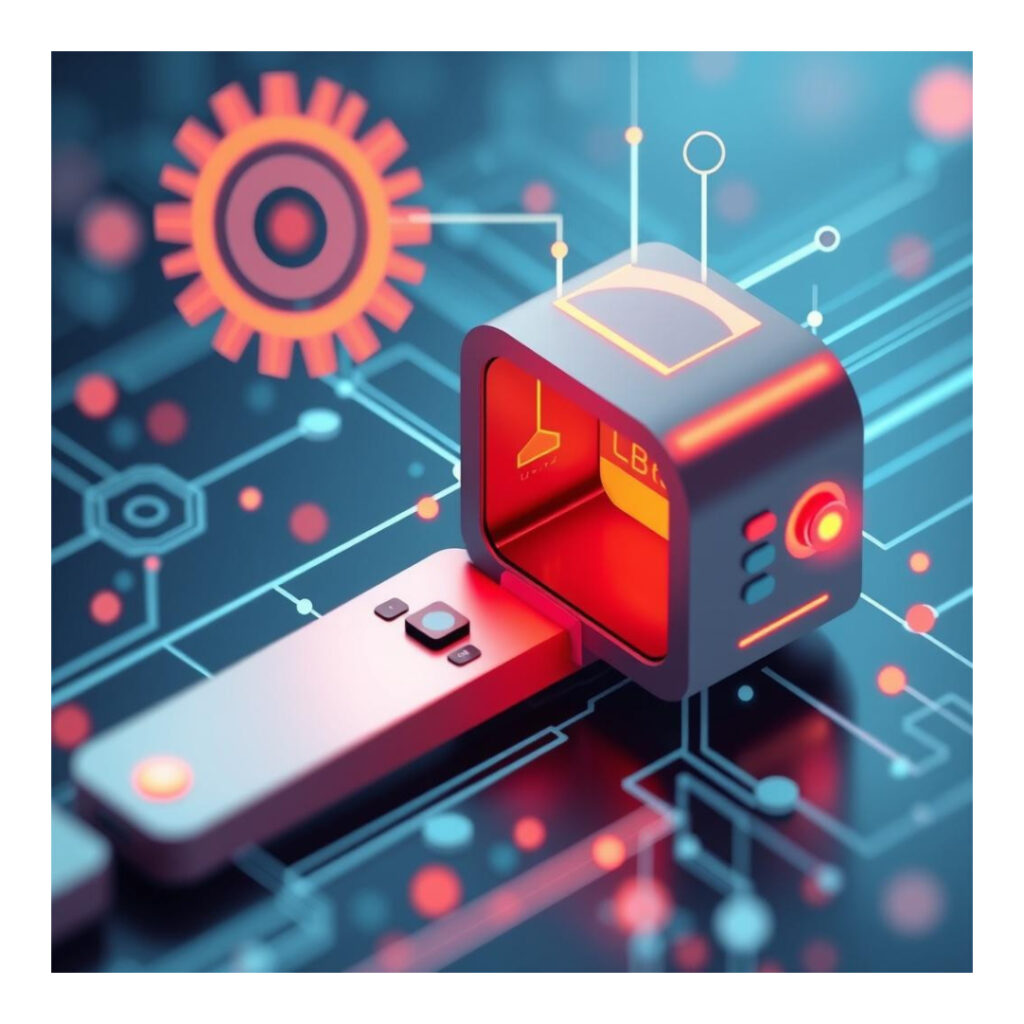
This course aims to develop students’ knowledge of methodologies for designing IoT systems and to provide practical experience in designing, assembling, and utilising IoT systems.
After completing this course, the student:
– has an overview of existing designer methodologies,
– understands the IoT system design concepts,
– understand the SysML concept and can use it to design the IoT system.
IOTOPENEU M2: IoT Architectures, inc. NetworksSecurity
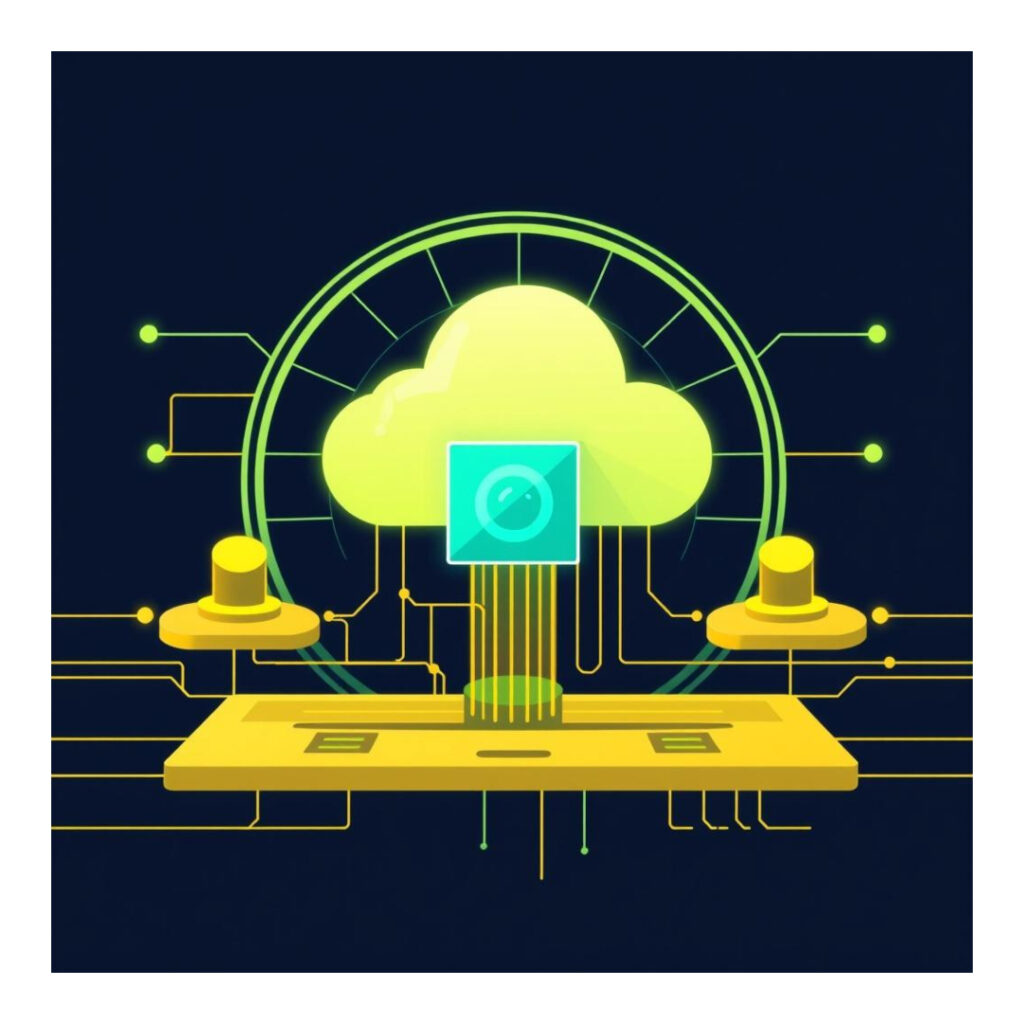
The course aims to provide an overview of various types of IoT networks, their applications, and their advantages and disadvantages. It also provides hands-on experience in designing, building, and implementing IoT networks.
After completing this course, the student:
– knows IoT system architectures,
– has an overview of networks (pros and cons) used in IoT systems,
– knows what network topologies, design methodologies, and tools are used to build IoT networks,
– can assemble and implement IoT networks.
IOTOPENEU M3: IoT Data Analytics

The key aim of the course is to familiarise students with the most critical and groundbreaking information technologies used in manipulating, storing, and near-real-time analysing data in IoT systems.
After completing this course, the student:
– identifies challenges in Data analytics,
– recognises main tools and frameworks for Data analytics,
– knows what regression, clustering, and classification models are- has an overview of time series analysis in IoT,
– can apply data analytics on a real-life IoT use case.
IOTOPENEU M4: IoT Security
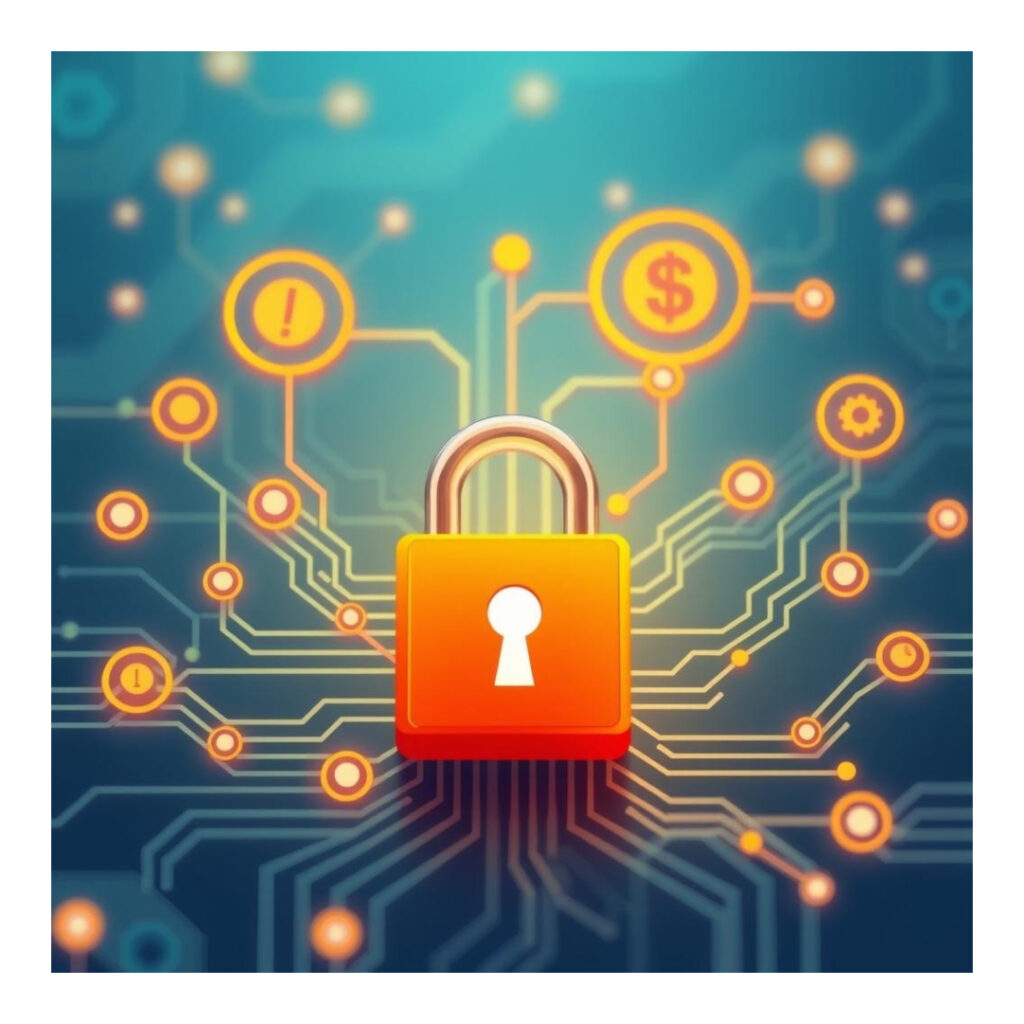
The course provides an introductory overview of the security issues associated with IoT solutions and the key topics that must be considered from a security perspective when developing an IoT system.
After completing this course, the student:
– has an overview of cybersecurity concepts in IoT systems,
– understands the cybersecurity challenges and vulnerabilities in IoT systems,
– knows how to secure and defend IoT systems against cyber attacks,
– can implement best cybersecurity practices on IoT systems.
IOTOPENEU M5: IoT Blockchain in IoT
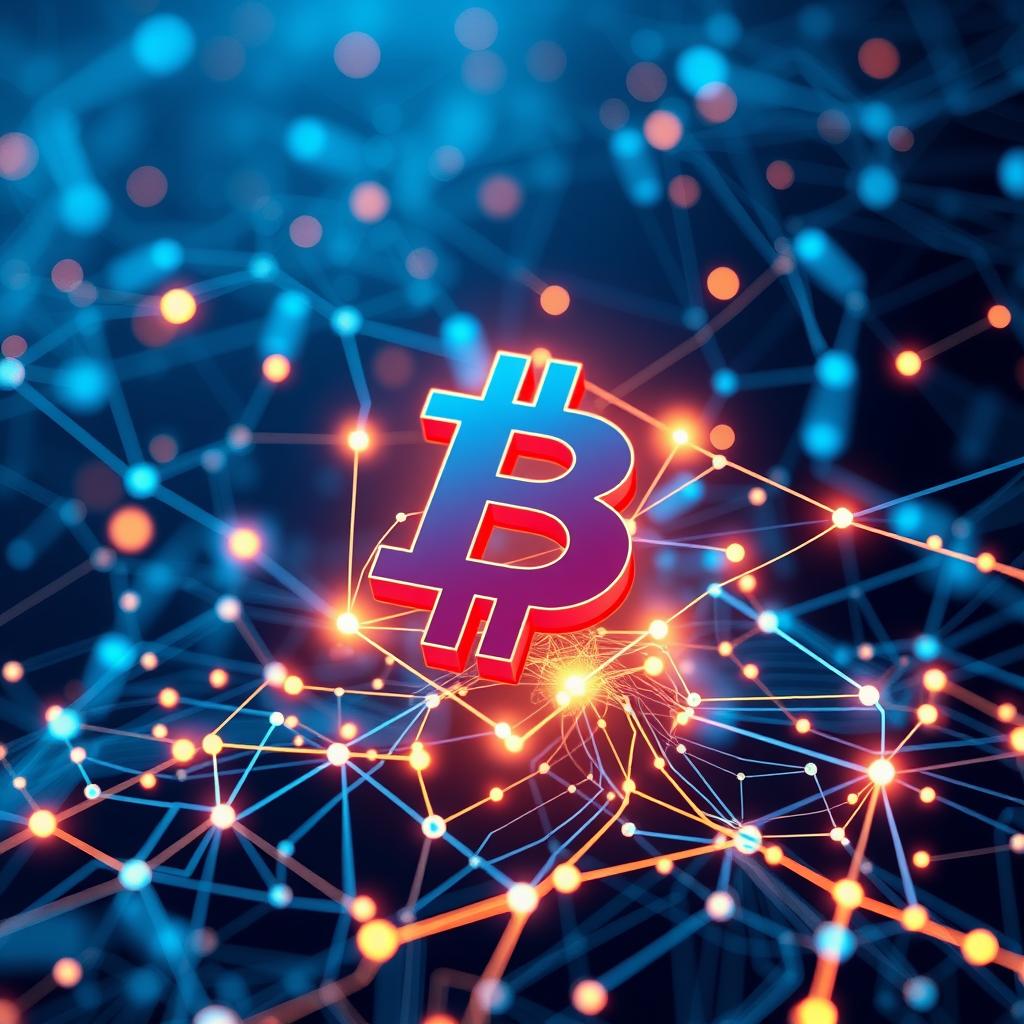
The module aims to develop students’ understanding of using Blockchain technology to ensure data integrity. Give examples of how to implement Blockchain in IoT systems.
After completing this module, the student:
– understands Blockchain technology- Knows uses of Blockchain in IoT,
– knows IoT blockchain Frameworks,
– can implement a simple blockchain to ensure data integrity.
IOTOPENEU M6: IoT Green Design
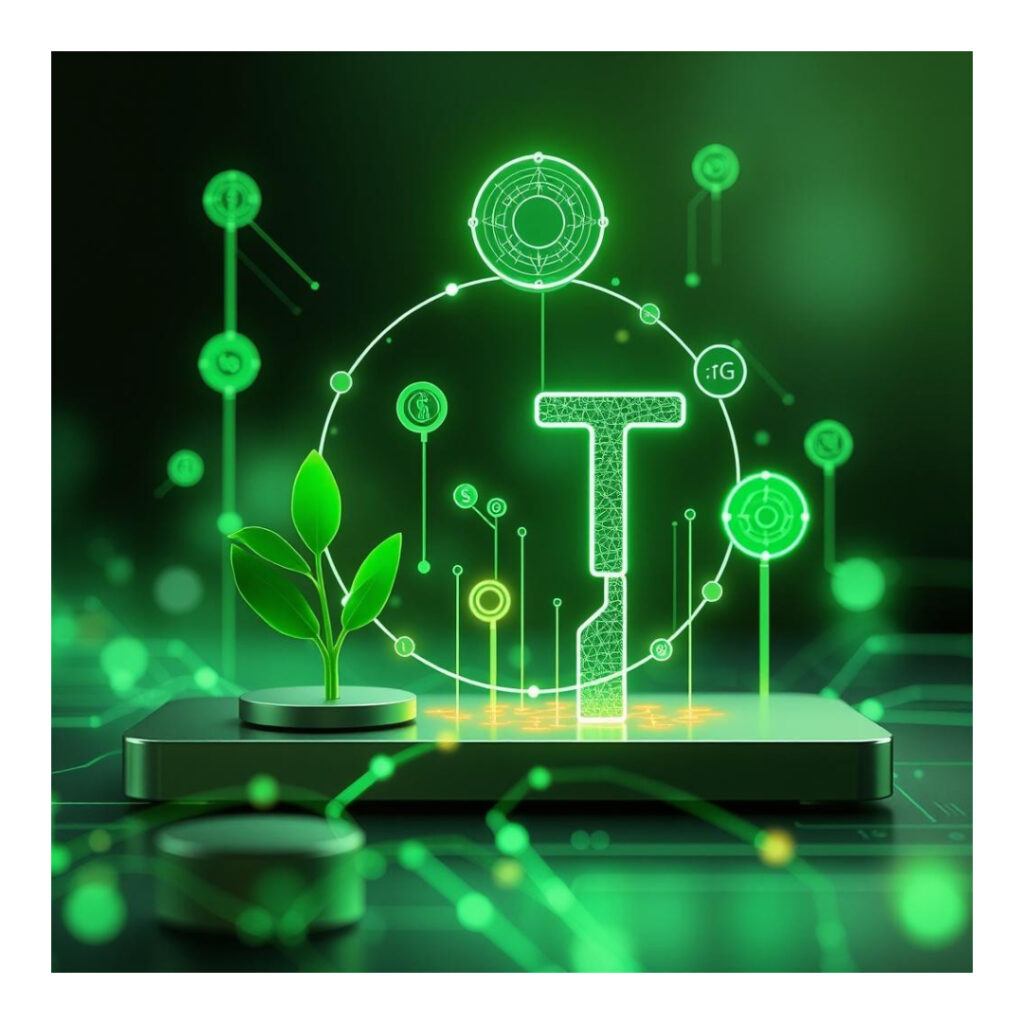
The course aims to give an overview of sustainable design and energy-efficient solutions in IoT systems implemented in Green IoT (interconnections, network architectures, communications protocols, and the energy efficiency of devices/things). Gives hands-on experience in designing and building Green IoT systems.
After completing this course, the student:
– has an overview of Green IoT design (energy efficient design, mechanisms, computing, etc.) and sample use cases,
– understands the main design criteria for the Green IoT,
– knows what energy sources are used for IoT systems and how to select them,
– can design and assemble green IoT systems.

Every module is Creative Commons, free of charge for everyone, forever—no strings attached. If you wonder how this is possible, the answer is straightforward: the European Union co-financed all the work. Feel free to share the information about the course with your friends.
PROJECT DISCLAIMER
Co-funded by the European Union. Views and opinions expressed are however those of the author or authors only and do not necessarily reflect those of the European Union or the Foundation for the Development of the Education System. Neither the European Union nor the entity providing the grant can be held responsible for them.
PROJECT IDENTIFICATION
This project was implemented under the Erasmus+ KA220-HED – Cooperation partnerships in higher education.
Project IOT-OPEN.EU Reloaded: Education-based strengthening of the European universities, companies and labour force in the global IoT market.
Project number: 2022-1-PL01-KA220-HED-000085090.
Sponsored by the Foundation for the Development of the Education System
INFORMACJE W JĘZYKU POLSKIM
Informacje o konkursach, zamówieniach publicznych oraz postępowaniach dla konsorcjanta Politechnika Śląska (SUT) znajdują się na stronie BIP.
COPYRIGHT NOTICE

This content was created by the IOT-OPEN.EU and IOT_OPEN.EU Reloaded consortium: 2016 – 2019 / 2022-2025.
The content is Copyrighted and distributed under CC BY-NC Creative Commons Licence, free for Non-Commercial use.
In case of commercial use, please contact IOT-OPEN.EU Reloaded consortium representative.
Technology icons created by Smashicons – Flaticon
